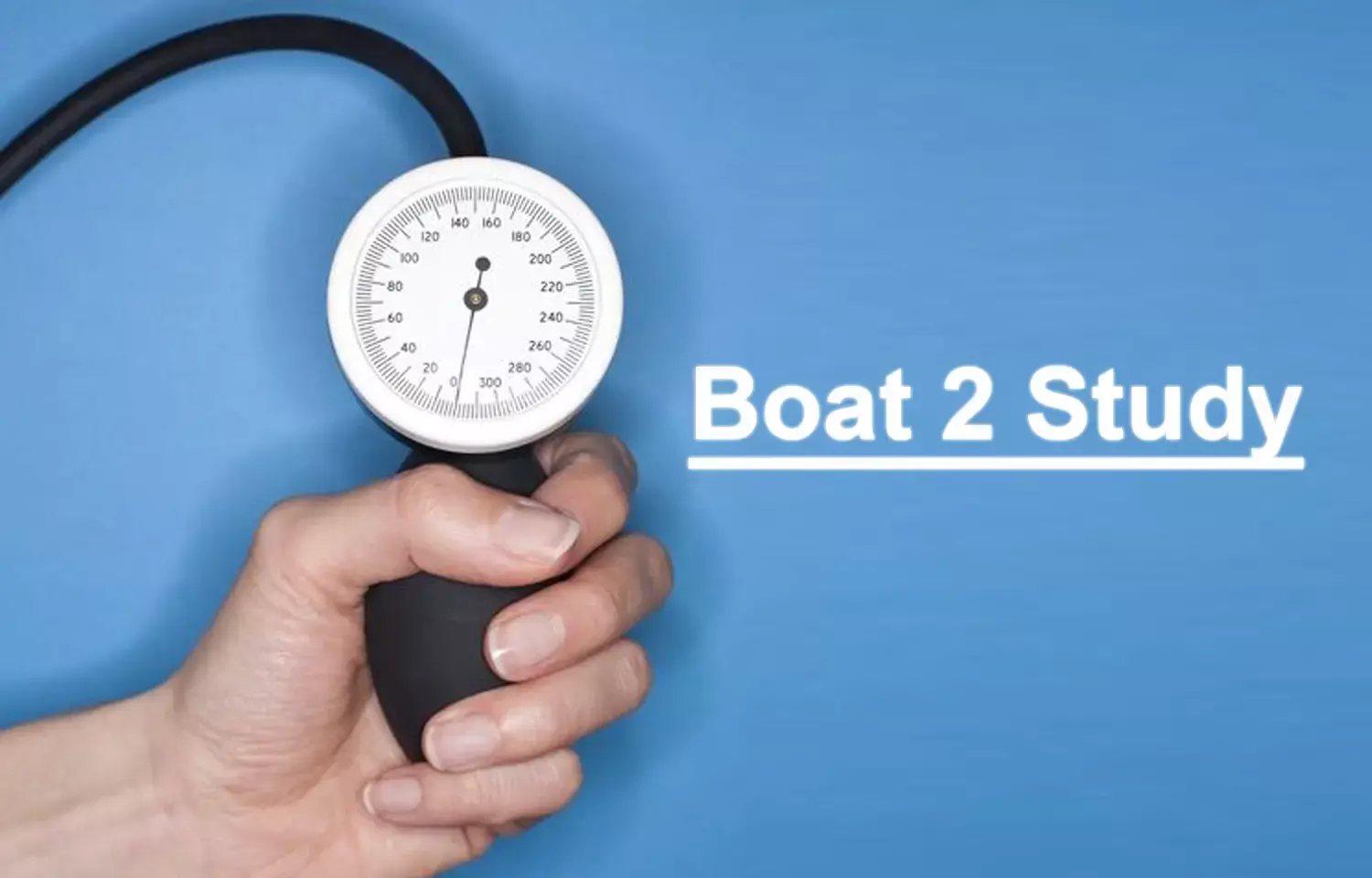- Home
- Medical news & Guidelines
- Anesthesiology
- Cardiology and CTVS
- Critical Care
- Dentistry
- Dermatology
- Diabetes and Endocrinology
- ENT
- Gastroenterology
- Medicine
- Nephrology
- Neurology
- Obstretics-Gynaecology
- Oncology
- Ophthalmology
- Orthopaedics
- Pediatrics-Neonatology
- Psychiatry
- Pulmonology
- Radiology
- Surgery
- Urology
- Laboratory Medicine
- Diet
- Nursing
- Paramedical
- Physiotherapy
- Health news
- Fact Check
- Bone Health Fact Check
- Brain Health Fact Check
- Cancer Related Fact Check
- Child Care Fact Check
- Dental and oral health fact check
- Diabetes and metabolic health fact check
- Diet and Nutrition Fact Check
- Eye and ENT Care Fact Check
- Fitness fact check
- Gut health fact check
- Heart health fact check
- Kidney health fact check
- Medical education fact check
- Men's health fact check
- Respiratory fact check
- Skin and hair care fact check
- Vaccine and Immunization fact check
- Women's health fact check
- AYUSH
- State News
- Andaman and Nicobar Islands
- Andhra Pradesh
- Arunachal Pradesh
- Assam
- Bihar
- Chandigarh
- Chattisgarh
- Dadra and Nagar Haveli
- Daman and Diu
- Delhi
- Goa
- Gujarat
- Haryana
- Himachal Pradesh
- Jammu & Kashmir
- Jharkhand
- Karnataka
- Kerala
- Ladakh
- Lakshadweep
- Madhya Pradesh
- Maharashtra
- Manipur
- Meghalaya
- Mizoram
- Nagaland
- Odisha
- Puducherry
- Punjab
- Rajasthan
- Sikkim
- Tamil Nadu
- Telangana
- Tripura
- Uttar Pradesh
- Uttrakhand
- West Bengal
- Medical Education
- Industry
Impact of Azelnidipine in reducing urinary albumin excretion and carotid atherosclerosis in type 2 diabetes patients: BOAT 2 study Review

Hypertension and Diabetes Mellitus are the global health burden and strong risk factors for coronary artery disease (1). Impaired glucose tolerance and insulin resistance are associated with hypertension which in turn leads to the development of diabetes in hypertensive patients. This causes inflammation which leads to atherosclerosis and thus leading to an increased risk of cerebrovascular and cardiovascular diseases. Coexistence of both hypertension and diabetes increases the risk of cardiovascular diseases by 2-3fold (2). The risk of these life- threatening diseases escalates with the presence of other complications like diabetic nephropathy.
There is a wide variety of anti-hypertensive drugs that are used to control blood pressure including calcium channel blockers, renin-angiotensin system inhibitors (angiotensin II receptor blockers [ARBs] and angiotensin-converting enzyme [ACE] inhibitors), diuretics and β-blockers. α-blockers and central sympathetic nerve inhibitors are also administered additionally (3). Various studies in the past have shown that renin-angiotensin system blockers delay the progression of diabetic nephropathy and hence are recommended as the primary antihypertensive drugs (4,5). But as monotherapy may not be sufficient for effective blood pressure control, Combination therapy with other drugs is used.
The above article has been published by Medical Dialogues under the MD Brand Connect Initiative. For more details on Azelnidipine, click here
Dr Prem Aggarwal, (MD Medicine, DNB Medicine, DNB Cardiology) is a Cardiologist by profession and also the Co-founder and Chairman of Medical Dialogues. He focuses on news and perspectives about cardiology, and medicine related developments at Medical Dialogues. He can be reached out at drprem@medicaldialogues.in
Dr Kamal Kant Kohli-MBBS, DTCD- a chest specialist with more than 30 years of practice and a flair for writing clinical articles, Dr Kamal Kant Kohli joined Medical Dialogues as a Chief Editor of Medical News. Besides writing articles, as an editor, he proofreads and verifies all the medical content published on Medical Dialogues including those coming from journals, studies,medical conferences,guidelines etc. Email: drkohli@medicaldialogues.in. Contact no. 011-43720751


